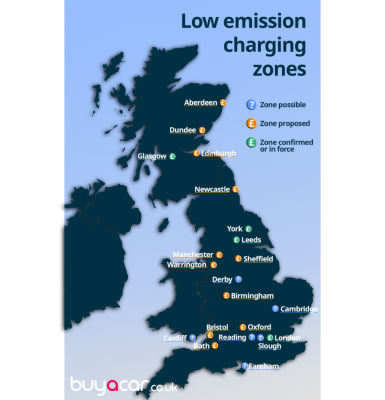- Joined
- Jun 24, 2008
- Messages
- 50,425
- Location
- London
- Car
- 2022 Hyundai IONIQ 5 RWD / 2016 Suzuki Vitara AWD
Diesel engined cars can be made to be as refined and as quiet as petrol.
But it requires a huge amount of additional soundproofing and vibration damping, so this is only applied to high-end expensive models.
Run-of-the-mill Diesel cars will always be less refined than their petrol counterparts, even on new models.
But it requires a huge amount of additional soundproofing and vibration damping, so this is only applied to high-end expensive models.
Run-of-the-mill Diesel cars will always be less refined than their petrol counterparts, even on new models.

